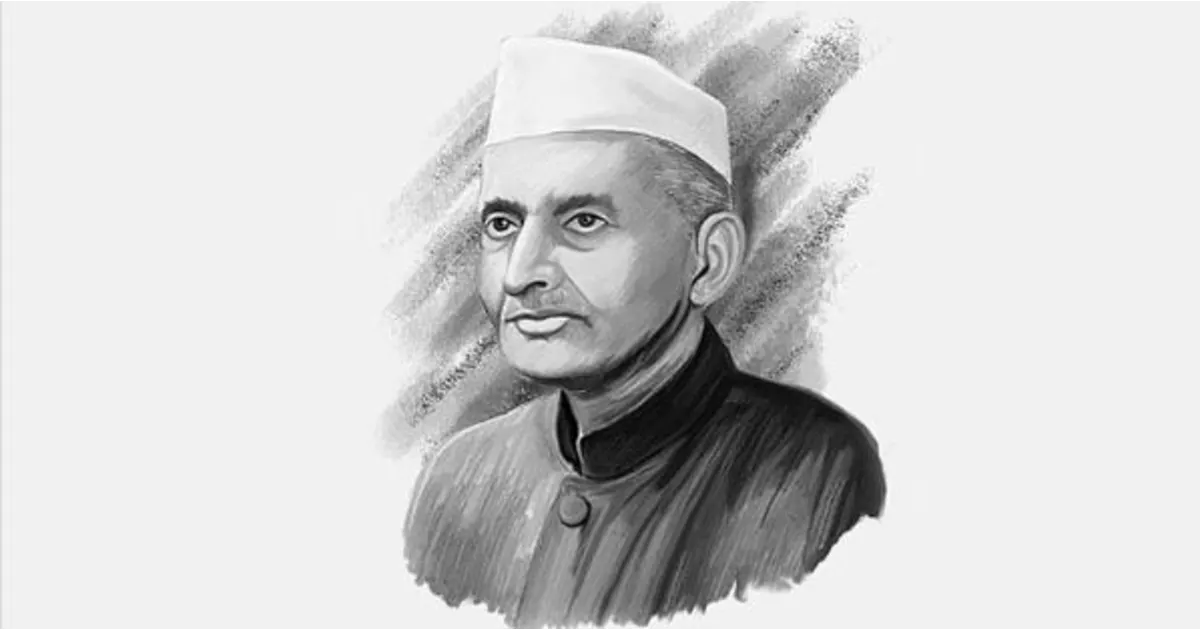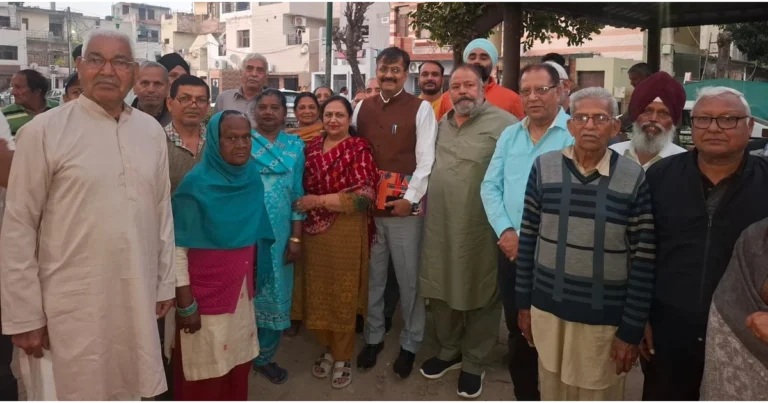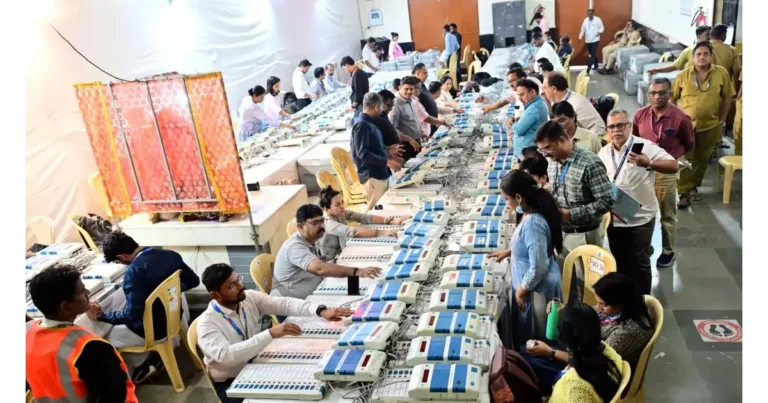
Introduction: Honoring a True Indian Icon
On October 2nd, India commemorates the birth anniversary of Lal Bahadur Shastri, the country’s second Prime Minister. Renowned for his humility, integrity, and deep commitment to the nation, Shastri succeeded Jawaharlal Nehru and led India through challenging periods with steadfast dedication. His famous rallying cry, “Jai Jawan, Jai Kisan”, celebrated the courage of soldiers and the hard work of farmers — a timeless message that continues to resonate throughout India. This article highlights some lesser-known yet fascinating facts about this remarkable leader.
Lal Bahadur Shastri: Early Life and Values
Rejecting Social Divides
Born Lal Bahadur Shrivastava, he consciously dropped his caste-based surname during his school years as a statement against the caste system, embracing equality and simplicity. His academic pursuit in philosophy and ethics at Kashi Vidyapeeth University earned him the honorific “Shastri,” meaning scholar, reflecting his intellectual foundation.
Determined and Disciplined School Days
Shastri’s determination was evident even as a student, as he routinely crossed the Ganga river multiple times daily, balancing his schoolbag and cloth on his head, a testament to his resilience and discipline.
Pioneering Leadership and Reforms
Innovative Policing and Transport Initiatives
As Uttar Pradesh’s Minister of Police and Transport, Shastri introduced progressive crowd control methods by using water jets instead of physical force, marking a shift towards more humane governance. He also championed women’s employment by recruiting female conductors, promoting gender equality in public services.
Championing National Self-Reliance During Crisis
In the wake of the 1965 war with Pakistan, India faced a severe food crisis. Shastri called upon citizens to fast in solidarity and popularized the slogan “Jai Jawan, Jai Kisan”, emphasizing the nation’s reliance on soldiers’ bravery and farmers’ labor to overcome adversity.
Principled Governance and Integrity
Standing Against Nepotism
Demonstrating his unwavering principles, Shastri reversed an unfair promotion granted to his own son, reinforcing his commitment to meritocracy and fairness in public service.
Combating Corruption
As Home Minister in 1962, Shastri took a pioneering step by forming the first official committee dedicated to tackling corruption in India’s administration, laying groundwork for future reforms.
Driving Agricultural and Dairy Revolutions
The White Revolution and Dairy Development
Shastri played a crucial role in advancing the White Revolution, a movement to increase milk production nationwide. He supported the Amul cooperative in Gujarat and established the National Dairy Development Board (NDDB) in 1965, transforming India into a global leader in milk production.
Personal Humility and Legacy
Frugal Lifestyle
Despite his high office, Shastri maintained a modest lifestyle. His family later discovered he was still paying off a loan for his Fiat car purchased during his tenure, underscoring his financial prudence and modesty.
Posthumous Honors
Lal Bahadur Shastri was the first individual to be awarded the Bharat Ratna posthumously, India’s highest civilian award, cementing his legacy as a respected and beloved leader.






